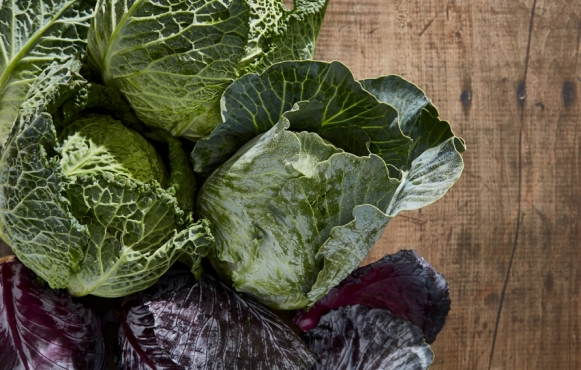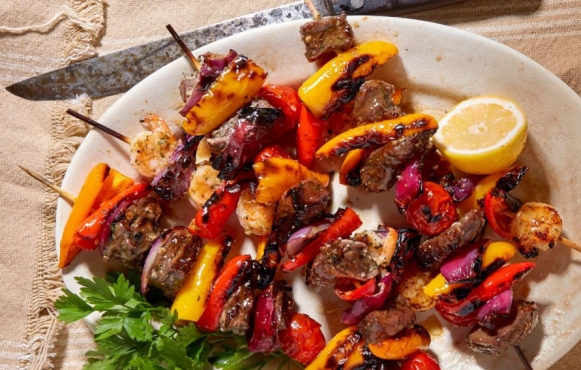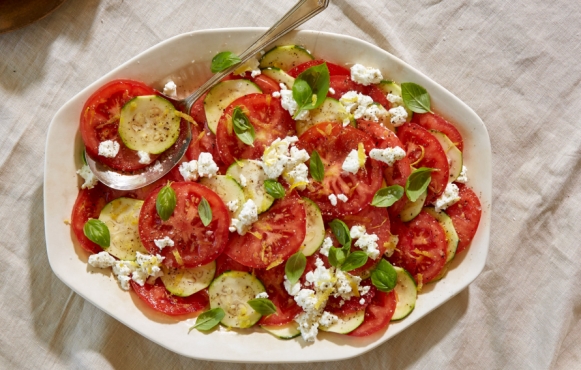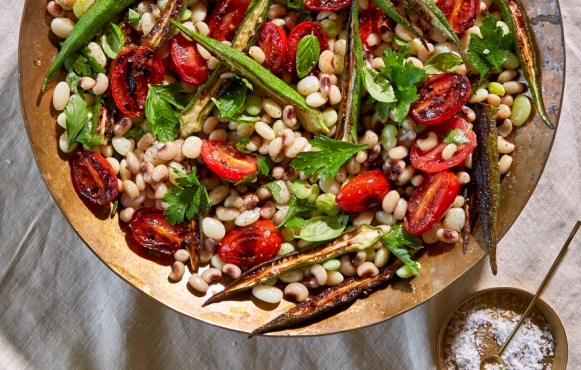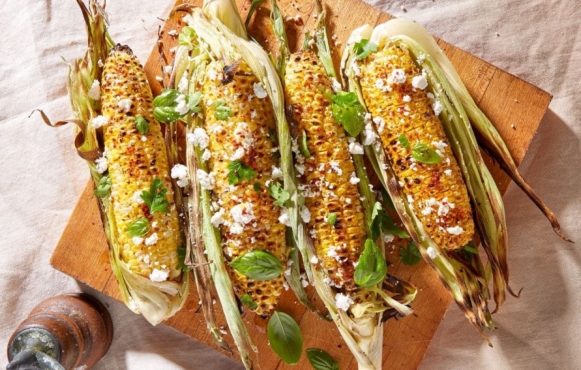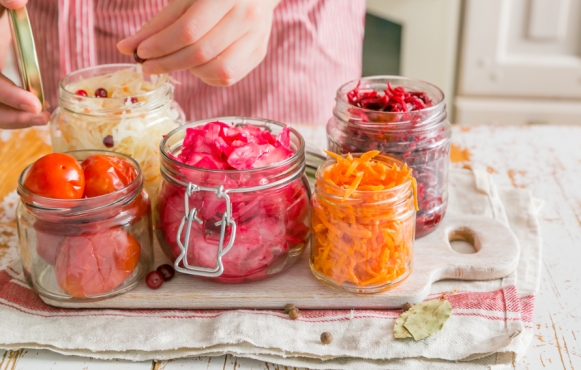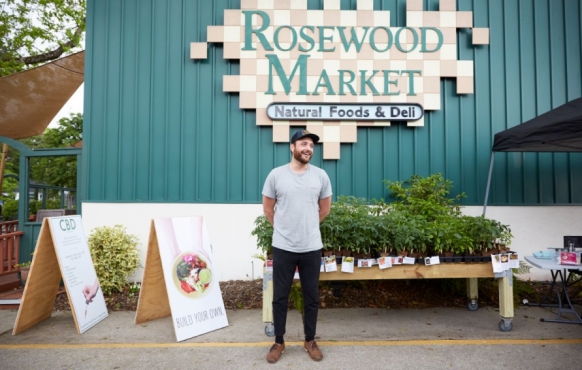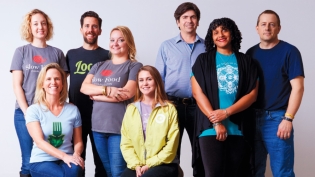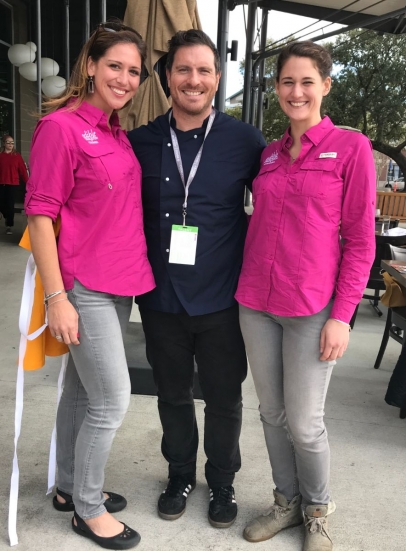
LETTER FROM THE EDITOR
"Let food be thy medicine, and medicine be thy food.” —Hippocrates
I always knew what I wanted to be when I grew up. And no, it wasn’t the editor of a local food magazine! I wanted to be a doctor—to help people feel better.
As the oldest child of four, I was always helping my sisters and brother; that pattern followed me through school, both in academics and athletics. In college, I studied sports medicine and became passionate about helping athletes optimize their performance. As I worked with athletes through my 20s, I realized I was having the same conversation when analyzing how to best help them recover and perform: “What did you have for breakfast? What are you eating to recover? Are you eating and drinking enough?”
I assumed everyone had these conversations about food everyday, as I did growing up with a Greek mother (who always had breakfast waiting for us when we came downstairs). But I quickly discovered that most families didn’t respect food like we did. That’s when I realized I needed more information to help people improve their lives, so I went back to school and got a degree in clinical nutrition. I became less involved in athletics, and more involved in community wellness and health promotion. I learned even more about how food and lifestyle choices were slowing people down and making them sick. My focus shifted from talking about competitive performance to talking about everyday performance, and that conversation ALWAYS began with food.
Now I want to change that conversation; instead of talking about being sick, I want to talk about being well—and there’s no better place to start being well than locally.
As the editor of this magazine, I’m able to change the conversation with special projects like this—our first Wellness Issue. In these pages, we’ve tackled some hot topics—gut health, hemp and the CBD revolution and how local grocery markets support community wellness—to help you start living better, one choice at a time.
At the end of the day, being well comes down to having a relationship with our local farmers. Our small, local farms offer more variety with organic and heirloom crops. Local farmers care about the environment; they use sustainable farming practices so our air, water and soil are healthier, which impacts our overall wellness. And local food is more nutrient-dense than food trucked and flown in from across the globe; it travels fewer miles, and therefore has less time to breakdown, and less need for additives to maintain freshness.
Local produce is picked when it’s ripe, and is delivered fresh, so it tastes better, which is why we see so many chefs moving toward sourcing local and cooking healthy, proving that healthy cooking can be delicious.Sourcing local food may cost more and take more minutes out of your day, but believe me, the rewards are well worth the cost.
This past March, we sponsored an event at the Charleston Wine + Food Festival, and had the privilege of hosting alongside Seamus Mullen, an award-winning New York chef, cookbook author and a leading authority on health and wellness. Mullen’s powerful transformation came out of his own health crisis and radically changed the way he cooks. He shared his story with us, and this thought, which I will leave you with:
“Comfort food is uncomfortable, and convenience food is inconvenient.”
Be well,
Jacquelyn McHugh, Editor in Chief


